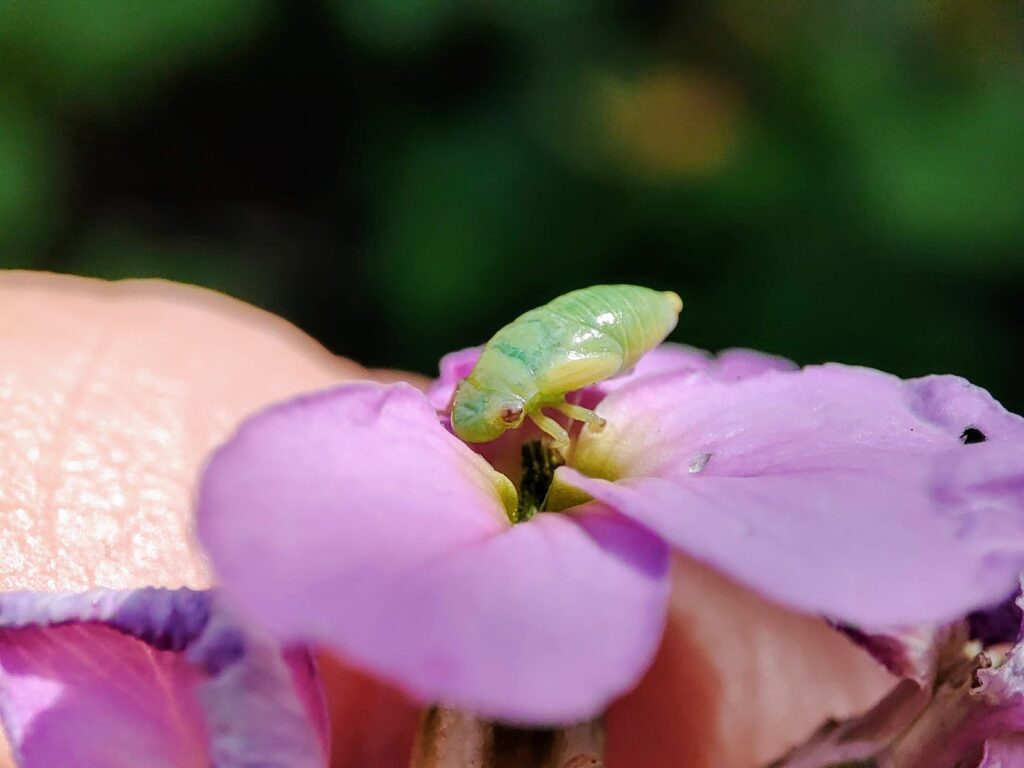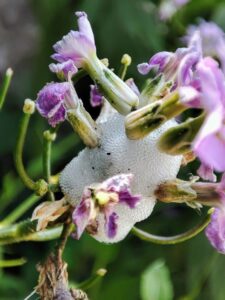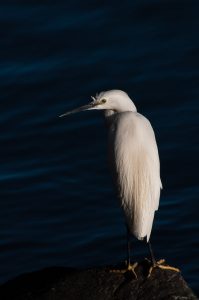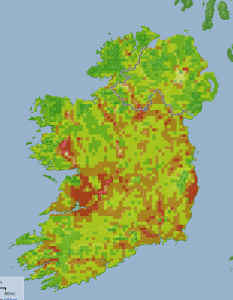I’m usually delighted to see Ireland’s Wildlife featured in the media — but a recent article published in the Gardening section of the RSVP Magazine website has me less than thrilled.

The article in question sensationalises the connection between frog-hoppers/spittle bugs (their American name) and a bacterial plant disease called Xylella fastidiosa. Yes, in areas where Xylella occurs, sap-sucking insects like frog-hoppers often become vectors through which the pathogen spreads to other nearby plants, however, Xylella is NOT CAUSED by the insect, and the frothy spittle so common on plants throughout the Irish countryside in early summer IS NOT a sign of disease. In fact, it is a perfectly normal part of a healthy Irish ecosystem.

We have never had a confirmed cases of Xyllela here in Ireland, and they have recorded none to date in the UK either. For now at least, it simply does not occur here.
The RSVP Magazine article latches on to a legitimate call for information from scientist in the UK, and twists it into something altogether more sinister. All the scientists are asking for is for the public to submit records of cuckoo spit and adult frog-hoppers, helping them to map their distribution. That data will help them make more informed decisions on how best to respond IF Xylella ever does arrive.
Just to be 100% clear here: these scientists are not suggesting cuckoo spit is in any way harmful, they are not calling for anyone to control frog hoppers or eradicate cuckoo spit in their gardens or anywhere else. They are just collecting data to better understand their distribution.
To summarise:
- Xylella fastidiosa has never been recorded in Ireland
- Frog Hoppers / Spittle Bugs are widespread, common native Irish insects
- They DO NOT cause disease in plants (although where Xylella is present they can spread it)
- Cuckoo Spit is NOT A SIGN OF DISEASE: it is a normal part of a healthy, functioning Irish ecosystem
- There is no viable reason to remove cuckoo spit from plants in your garden
Find out more about the fascinating Common Frog Hopper here. If you’re interested in finding out more about the situation surrounding Xylella, here’s a comprehensive overview of Xylella and frog-hoppers in the UK that’s well presented and fact-based.
The dangers of poor reporting in a Biodiversity Crisis
Nobody is denying that Xylella is a serious disease, and has caused devastation in parts of mainland Europe (particularly to Italian olive groves). Measures to control and restrict the spread of the bacteria that causes the disease are completely warranted. What is unwarranted is equivocal reporting that misrepresents the facts, casting a harmless constituent of our native biodiversity as the villain in a contrived and appallingly inaccurate narrative.
Wildlife is no stranger to being cast as the scapegoat for human-induced problems in the natural world, but amidst a biodiversity crisis, articles like the RSVP one, that sensationalise risk, foster suspicion and demonise a native species, can be incredibly damaging. We’ve been receiving emails and messages since this article went out from people asking how they can eradicate cuckoo spit from their garden plants.
The answer, of course, is you don’t need to do anything. As the BBC Gardener’s World website advises “It’s best to leave the froghoppers to get on with being froghoppers.”










1 comment
Jonathan Whittemore
A good point well made.